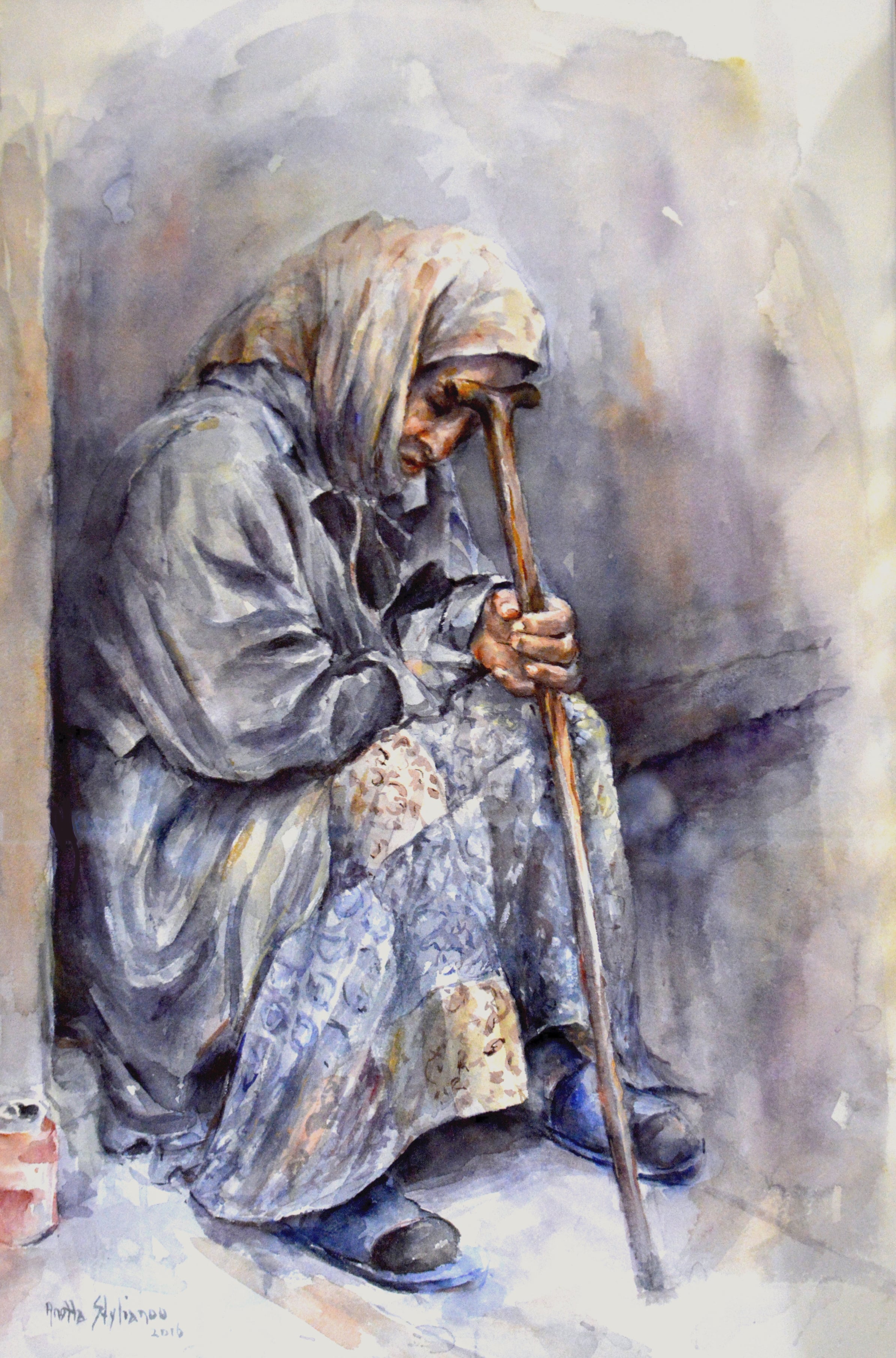Meghan’s Lament
Added about 4 years ago by John Holdsworth
 GUEST BLOG: What does the book of Lamentations have to do with the recent much-publicised TV interview with Meghan Markle? John Holdsworth wonders how long it will be before this is characterized as “Meghan’s Lament”.
GUEST BLOG: What does the book of Lamentations have to do with the recent much-publicised TV interview with Meghan Markle? John Holdsworth wonders how long it will be before this is characterized as “Meghan’s Lament”.
Like “furlough”, which was, within living memory, a word to describe a missionary’s holiday, “lament” is making its way into a more public sphere. Those who work with dementia patients, with the disabled, with the abused and traumatized, are writing about the therapeutic value of lament. Is Meghan’s interview yet one more such use?
As a religious word, lament is defined by its Old Testament use in the Psalms, the book of Job and of course primarily in the Book of Lamentations. It is a formal, tragic compilation of the feelings of those who have suffered. It captures the bewilderment of those whose basic understanding of meaning in the world has been challenged by what has happened to them. Terms like “faithful incomprehension” and “shattered narratives” describe their psychological state.
The book of Lamentations has many contemporary echoes. It is set in a devastated city such as those we are familiar with in places like Baghdad, Damascus or Bosnia. The only respite it offers to the suffering is nevertheless important: the opportunity for witness. Suffering people want others to know exactly what it feels like to be them. In that sense, Lamentations plays the same part as a modern TV documentary, and indeed it reads rather like that. We are taken on a tour of ruined streets. We hear wailing women. At one moment, people crowd round the camera wanting their voices to be heard; at another, we hear the sombre voice of the presenter, or an isolated individual. Their comments do not form a coherent account. We—the viewer, the listener, the reader—are challenged to make what we can of this witnessing.
The Duchess of Sussex’s interview has some features in common with that classical lament tradition. The interview is her opportunity for witness. She speaks freely about her feelings. She describes things that have upset her world view. She is determined to tell it like it felt to her. Like classical lament, she is determined to avoid denial. There is a darkness about her descriptions of suicidal feelings. She exudes a sense of incomprehension; of having lived in an alternative universe. She is angry. That anger is then, of course, magnified many times through social media. The Palace makes no quick response. In Lamentations accusations are made against God, but apparently, God is silent.
In other respects, the interview differs from classic lament. It gives the impression of something considered and thought through. Perhaps the extent of the Duchess’s suffering is hardly to be compared with that of women in Lamentations who, if they are to be believed, are reduced to eating their own children to survive. But again, Lamentations itself makes the point that it is wrong, indeed impossible, to compare one person’s suffering with another. To do that is to diminish one of them, and that is no witness. Fundamentally, the narrative that is shattered in Lamentations is one of a gracious and loving God who has a special relationship with the people concerned, and who operates and acts as guarantor for a system of natural justice in the world, such that suffering must always be deserved. To abandon that narrative is one sign of human formation, as we see in those Psalms which speak of a process of formation, such as Psalm 30.
Some commentators believe that the faith community has abandoned lament and effectively subcontracted it to counsellors and psychotherapists (and perhaps TV interviewers in the Oprah mould). In so far as lament demands a simple worldview in which God is seen as ultimately responsible for everything that happens and is the guarantor of a justice system in which everyone gets what they deserve, the Old Testament itself challenges that view. In so far as its enigmatic quality depends on God’s silence, the response of Deutero-Isaiah (Isaiah chapters 40-55) can be counted as a response from God. Lament develops as theology develops. It still forms a central part of the crucifixion account, and the call for a restoration of lament in the churches’ understanding of themselves, and in their liturgies, is both serious and coherent.
The term which was coined by Walter Brueggemann to describe a contemporary role for the churches in relation to lament is “communities of honest sadness”. Meghan’s interview demonstrates that honest sadness has great traction as a secular concept. But as things stand, I doubt whether millions will be tuning in to services on Good Friday to hear the honest sadness of a crucified God.
John Holdsworth is Honorary Director of Ministry in the Diocese of Cyprus and the Gulf and Canon Theologian of the Anglican Cathedral in Nicosia. His new book, Honest Sadness: Lament in a Pandemic Age, examines lament as a means of articulating faithful incomprehension, and as a resource for what have been called communities of honest sadness. Get your copy here.
Cover image: Anetta Stylianou
Please note: Sacristy Press does not necessarily share or endorse the views of the guest contributors to this blog.
